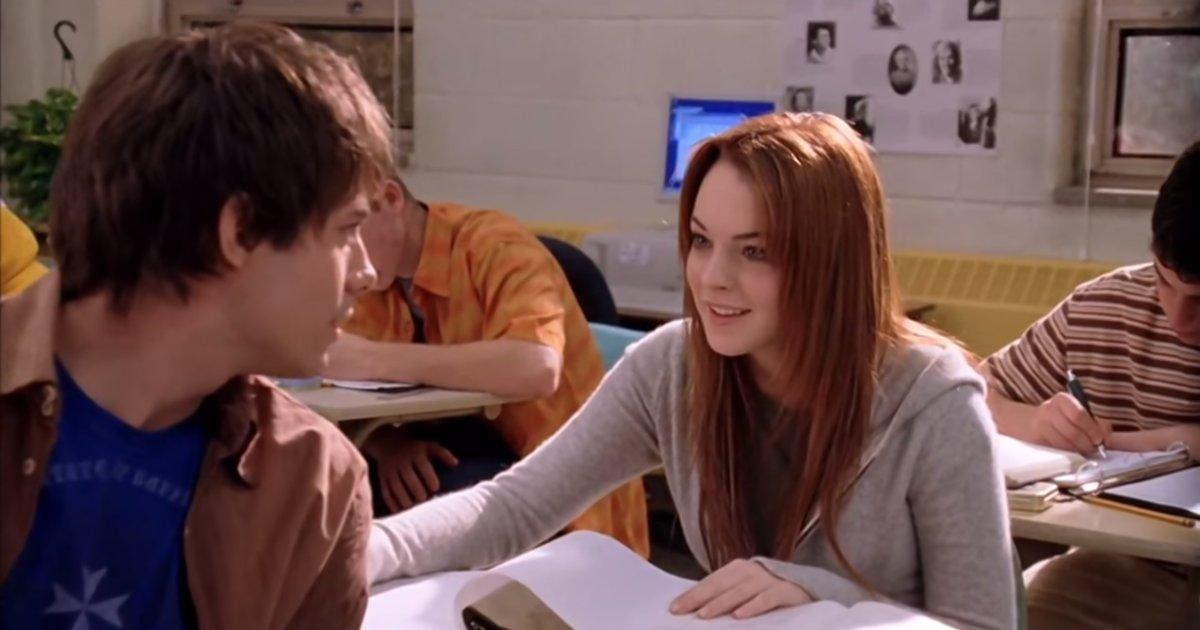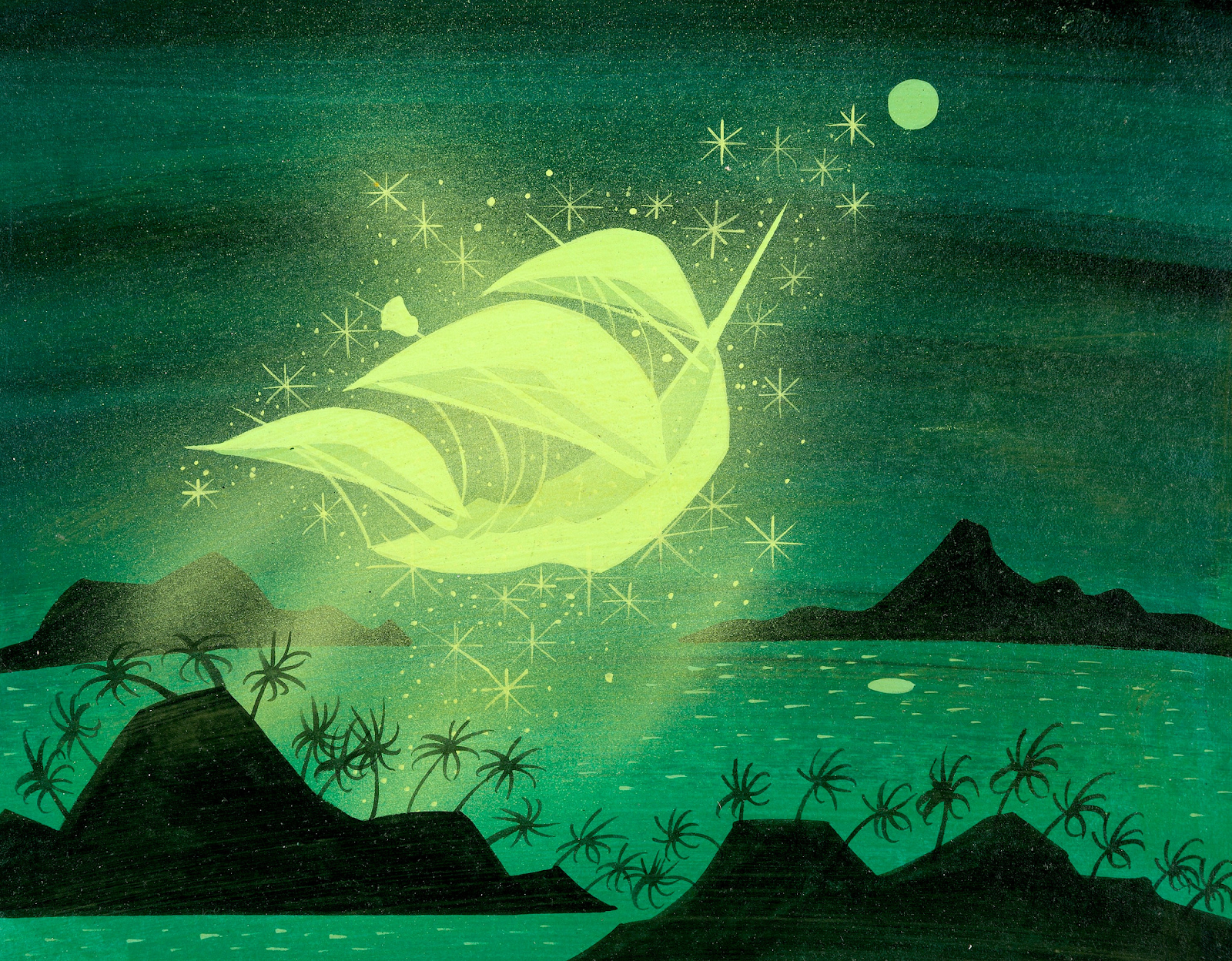I want to believe that I’m the sum of all my experiences, that every time I pick up a pen and launch into a story I’m giving it everything that I have —
- the books I’ve read and the movie I watched on the plane here,
- the Jewish food my parents raised me on and the watered-down secular Jewish culture they gave me,
- the first time Eddie Torres kicked my ass walking home after school in sixth grade and the twenty times he did it after that,
- the time I became an Orthodox Jew when I was 20 years old
- and the time I started hooking up with a Catholic-raised pagan sex worker 3 years into it,
- the prayers I said this morning, including the entire story of the Binding of Isaac and his almost-attempted murder by his father Abraham, which we say every day, although I’m still not 100% sure why we say that and not, say, the story of Bilaam beating his ass,
- the archery lesson I took my Hasidic girls-school daughter to last night
- and us reading Dracula on the way home, her request
- as the people next to us stared.
But there’s a problem inherent within that. Stories are microcosms. Salman Rushdie says that, every time you tell a story, at the same moment there’s a million other stories you’re choosing not to tell. If I decide to write, say, a memoir about hooking up with my pagan ex-girlfriend, I’m not telling you the story of when I first became Orthodox, or going to secular Hebrew School as a kid, or how my wife and I celebrated Shabbos when we were dating, or how there’s a white nationalist guy sitting next to me on the plane right now and how I feel as someone who looks like me, with a beard, payos, tzitzis.*
When we write stories, we start at a point. Maybe it’s an idea. For me, it’s usually an image — it might not be the image the story starts with, but it’s an image that I know will come up.
The point is, it’s a point. As storytellers, we take that point and move it along an axis, we tell it, we create a line, and the line goes on as far as our story does, ad infinitum if we want it to. And I know I have suddenly started talking about math in front of a bunch of writers, but bear with me — for every point in the universe, there’s an infinite series of lines that can be drawn from it. If you start here {POINT IN THE AIR}, you can go this way {GESTURE IN ONE DIRECTION}, this way {POINT IN ANOTHER DIRECTION}, or this way. That’s the direction we choose to go with a story.
My first novel, Never Mind the Goldbergs, started with an image of a girl wearing three stacked, ripped skirts — a miniskirt, a knee-length skirt, a long gypsy skirt, all of them crowned with punk-rock patches — and she’s standing on a Hollywood set, and a non-Jewish wardrobe person is trying to tell her what clothes Orthodox people are supposed to wear. It’s a pretty clearly Jewish image, right? Pretty much every direction you’d take that in is has to embrace the Jewish angle, or at least include it at some point.
I wrote this other novel, Manhattan Beach. It hasn’t been published (yet?). Here’s how I first conjured it: imagine the movie The Goonies, where four kids find a map leading to buried pirate treasure beneath their hometown — and, of course, obstacles that keep rogue treasure hunters away — except that, in my vision, the kids are 80-year-old men.
This story didn’t have to be Jewish. Except that, in some way, it did. In the original movie, the kids’ homes were being foreclosed upon; in my remake, it was the synagogue where all the old men hung out all day. I told the story in ten chapters, one for each of the men left who made the synagogue’s minyan: the mentally-disabled caretaker, the celebrity skin-care doctor with the subway ads, the old gay guy who never got a chance to come out because he was a teenager during the Holocaust, and instead he lived alone in a forest stealing from Nazis.
I don’t have to make these stories Jewish. That quality, the Jewishness of it — the religious stuff, the Holocaust stuff, the one-off references to the texture of matzoh and the passing inclusion of an oy — they’re a part of the story, sometimes even a fundament of the particular story I’m trying to tell. But they’re just some of the tools in my toolbox, a few of the memories in the knapsack of my mind. At some point, I was on a hot streak of writing really really Jewish poems, one about my vegetarianism and the profundity of meat in my grandmother’s house, another about my gay Orthodox friends and my non-Jewish girlfriend, and then I wrote a poem about my teeth.
Again with the microcosmos. We defamilarize the familiar, describing a watermelon as if no one in your audience has ever tasted watermelon before, and at the same time we create comfort in the unknown, describing the experience of descending into a ritual bath so it’s as close to the reader’s heart as if they dunk in a mikvah every morning. I don’t write much poetry anymore but I love it, it’s the aesthetic and intellectual challenge of writing a new novel every time you sit down with a new page. We rev up our microscopes and we go on full blast. Sometimes that’s looking at a ritual bath. Sometimes it’s my teeth.
Maybe because I am Orthodox, a word which here means that there are 613 rules in the Torah — some explicit and some obscure, from permitted foods to the correct way to tie your shoelaces — a lot of those minutiae tend to be Jewish in nature. Because I am human, or punk rock, or a boy, or relatively obsessed with the X-Men, a lot of them don’t. One way or another, you will probably be able to find something Jewish about most of what I write. The fact that I wrote my teeth poem on Shabbos morning, walking the bumpy San Francisco hills to shul — I had to keep repeating it to myself over and over again the whole day, till sunset when I could actually commit it to paper — might make it more Jewish now that you know that.
But it’s not going to show up on the page when you read it, and every story I write definitely does not pass muster as a Jewish story. PJ Library, an amazing organization that buys literally millions of picture books each year to send out free to children, has yet to accept anything I’ve written. I literally got two editorial notes back from them two months in a row, “This is too Jewish” and “this isn’t Jewish enough.”
The same thing could probably be said about myself. And yet, for all the good the PJ Library organization does, both for Jewish pedagogy and for the literary community, most of their books kinda suck. The characters are flat. They always do what they’re supposed to do, except when they make a mistake and learn a lesson from it. They are stuck in the eternal cycle of literature that exists explicitly to teach children a lesson, and because of that, they don’t stay in that cycle long. Most of those books, my kids read once and leave near the recycle bin, thinking perhaps that they’re like their weekly newsletters from school.
This might sound like a call to arms to end the canon of Jewish novels, but it’s actually a plea for the opposite. I’ve been dying to write a Jewish novel. Not because I think it might finally get me published as an adult novelist, although that would be very cool, but because I want to have something to read that resonates with me in that very specific way. As authors, we are so fond of taking our characters and systematically deconstructing them, putting them into precarious situations and risking their lives, their morals, and their emotional health. As readers, though, we read because we are isolated and alienated from the world and we want to find a connection, see inside somebody else’s head and say it’s really not so different from our own. And most of the time we’re looking for a bare emotional connection, another nerd as nerdy as us or someone heartbroken or full of heart or yearning to be in another place. But as much as sometimes I need to read about one of Sartre’s displaced journeymen or Winterson’s sexually diaphanous adventurers, I would love to see, or to create, someone who looks like me on a page.
And I’m trying. Yesterday, I was trying to explain why I loved Lolita and was deeply troubled by it — aside from the usual reasons — and I blurted out, “He could’ve written about anything in the world, why did he write about that?” The first time someone I knew read Goldbergs, it was a woman at my synagogue, and she told me she’d read it in the same way she might have told me that she saw me buying opiates on the corner.
Did you read the whole thing? I asked her. No, she said — she stopped right after the Orthodox protagonist hooked up with her costar. “But that’s right before she starts making everything better!” I expostulated (although it isn’t that simple). “I’d just had enough,” she told me, and that was that.
I have a friend who started calling up Jewish Hollywood writers and actors, trying to convince them to put Orthodox Jews on their shows. “Nothing crazy,” she told them, “just a minor character who happens to wear a yarmulke or runs out to shul.” But that’s the opposite of what I want. I want to make stories where everything a character does matters, and where who those characters are — their history, their relationship with G-d, even their anxiety about their teeth — isn’t just a way of telling a shocking and efficient story, but a way of giving people (and by people, I mean myself) something to love.
This was delivered last week as part of a symposium on Jewish Writing vs. Writing by Jews, chaired by Goldie Goldbloom, at the Association of Writers and Writing Programs conference in Tampa.
Still image from X-Men: Days of Future Past, as if you didn’t know.
_______________
* – Yep, that part was true. I wrote that line really quickly, then scrolled my computer screen up to hide it.


























